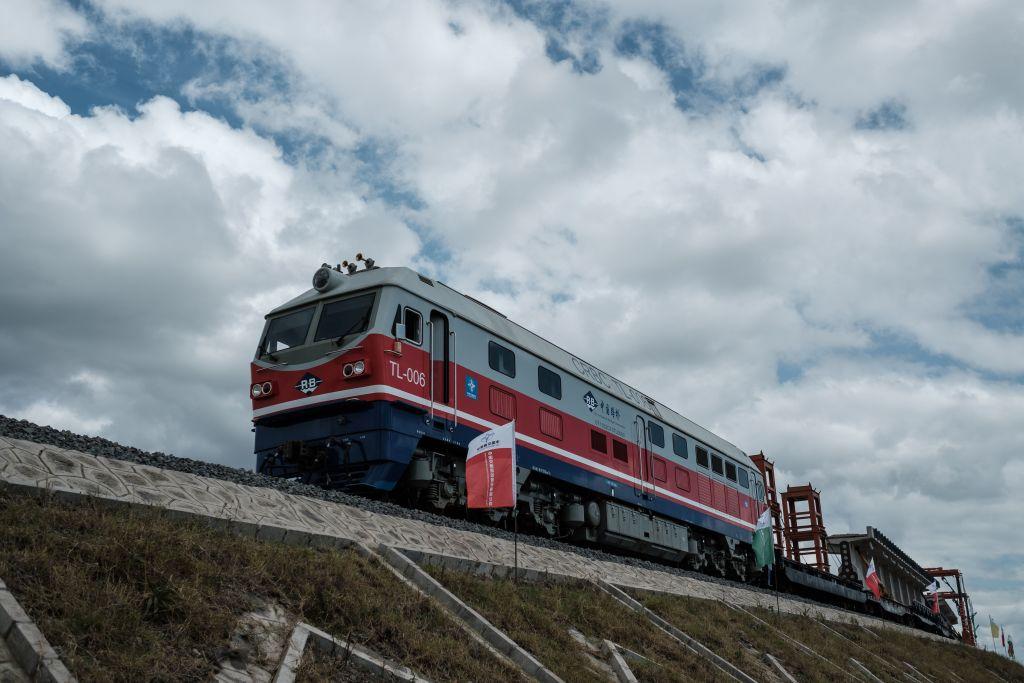The 2018 Forum on China–Africa Cooperation held in Beijing this week ended with much hype as Beijing pledged $60 billion in aid and loans to African nations. But behind the fanfare are social and economic problems that African countries face as a result of Chinese investment—as in the case of Kenya, which is seeking to modernize its infrastructure even as the nation’s debt load is ballooning.
With Kenya’s public debt reaching about $50.6 billion, President Uhuru Kenyatta has been criticized for irresponsibly borrowing from Beijing, according to a Sept. 5 article by Kenya’s largest independent newspaper, Daily Nation. As a way to ease some of that debt, Kenyatta, while in Beijing, asked China to split the $3.8 billion cost for building the next phase of the Standard Gauge Railway (SGR) into 50 percent loans and 50 percent grants, Daily Nation reported.





